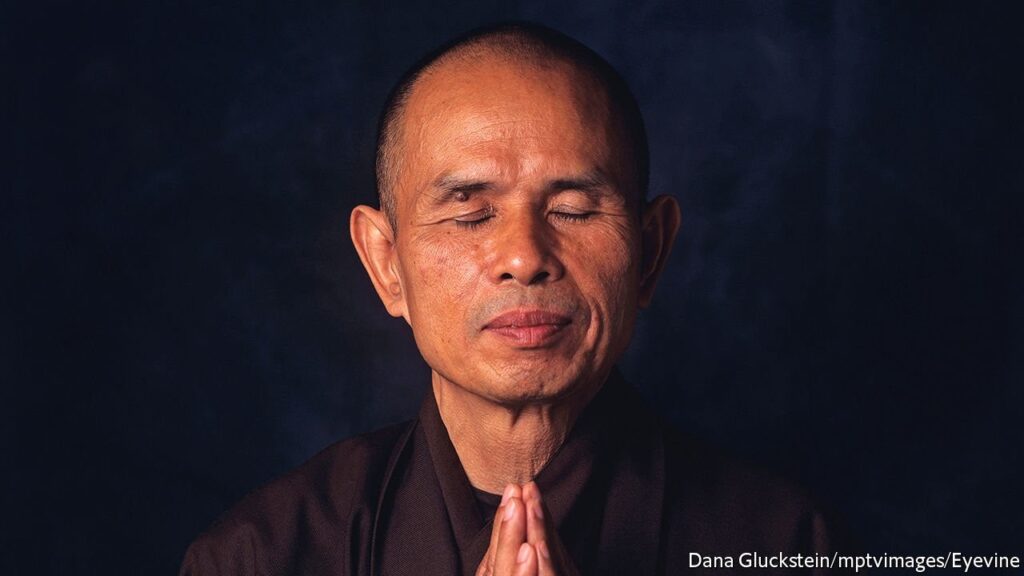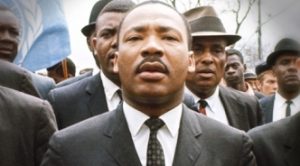Next event starts Thursday, June 9, 2020, by Zoom at 7:00 PM CDT

Interpersonal Nonviolence:
a class and conversation about how the science of complexity informs how we understand and address injustice in all aspects of our lives, including our most intimate relationships.
Through your participation in this course you will become a satyagrahi, a nonviolent warrior for justice in all aspects of your life, including your daily interactions with those with whom you are closest.
I am Rev. Dr. Mark Lee Robinson, the Executive Director of the Center for Creative Conflict Resolution in St. Louis, MO and the author of Just Conflict: Transformation through Resolution.
I have been teaching a version of this course for many years now. This presentation of the course features expanded use of new tools for distance learning and much more robust exploration of the science that informs the practice.
The learning tools include:
- Class and conversation each week by Zoom about the course content for the week
- Video of lessons and written outlines of the material
- Small group meetings by interest area and schedule availability
The content includes:
- A broad overview of how the science of complexity informs our understanding of the structure, dynamics, and substance of reality.
- Applications of that understanding to how humans construct institutions and relationships and
- How individual persons can use the science to more fully understand daily conflict and to address it in a manner which creates justice.
What we have come to call “nonviolence” is largely born of the prophetic teaching and action of Mohandas Gandhi. It was brought to America by such teachers as Ira Sandperl and Bayard Rustin, but most of us know of it through the civil rights and racial justice campaigns led by Rev. Dr. Martin Luther King Jr.
Gandhi’s name for his philosophy and practice evolved from the British term “passive resistance” into “Satyagraha.” The name comes from the Hindi words satya and agraha. Satya refers to that which is true or real. Agraha means to act with deliberate force. A third concept is ahimsa. This core aspect of Hindu philosophy is the principle of acting in such a way as to not do harm.
Satyagraha can thus be understood as a philosophy of life and practice in which one
• acts out of an awareness of the interconnectedness of all things [harm to any is harm to all],
• while focused on experiencing and expressing that which is most true and most real,
• with conscious and powerful intent.
When we explore nonviolence from this perspective it becomes much more than a set of tools or tactics for using mass actions for social change. It is a way of being that informs every life choice.
The 12-week training “Interpersonal Nonviolence” is an exploration of what Satyagraha looks like when we endeavor to live out this philosophy in every relationship.
Do you want to be a Satyagrahi?
The training is both theoretical and practical. It considers the concepts that inform the choices we make and it is an opportunity to apply those ideas to actual personal situations that are arising in your life right now.
Some of the topics include:
• Nonviolence is action that is not violent, but agraha is acting forcefully. What does it mean to be powerful but not violent?
• Jesus is the teacher that first described nonviolence. But Gandhi was a Hindu that rejected much of Christianity. What are the spiritual roots to this practice?
• Sometimes telling the truth hurts others. How do we approach that which is most real without doing harm?
The training is conducted by Rev. Dr. Mark Lee Robinson.
In the summer of 1965, between my sophomore and junior years in high school, I flew alone to San Francisco for a youth gathering sponsored by my church. The theme was “Possibilities for Peace.” At this event I first tasted crab salad, I was part of an amazing group of young people from all over the US, and I learned about a “police action” in south-east Asia in a little country called Vietnam.
One of the presenters was the folk singer, Joan Baez. She didn’t sing to us but instead introduced her mentor in nonviolence, a man named Ira Sandperl. Among the things he told us was a story of a time when he was accosted on the street by a man with a knife who demanded his wallet. He recounted how he responded toward the man with love and compassion and a shared meal.
Much of what we talked about at this gathering was a discovery of the problems of the world. Indeed, the action in Vietnam came to dominate much of the public spotlight and powerfully influenced my life in coming years. But it was this simple encounter between Ira and his would-be attacker who became his friend which illuminated for me then and in the years since what are the possibilities for peace.
-Mark

